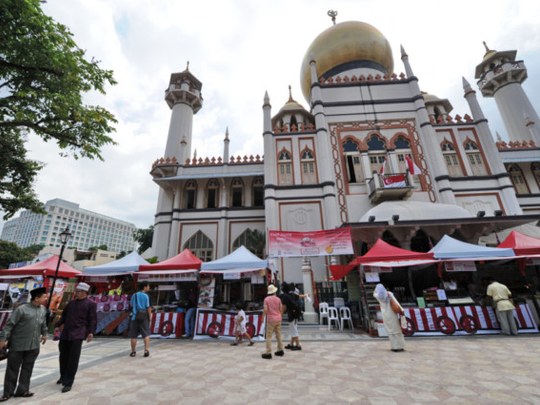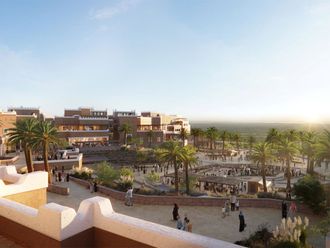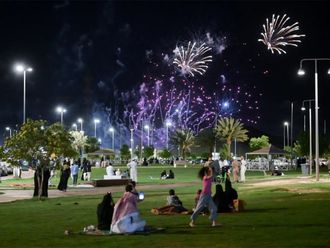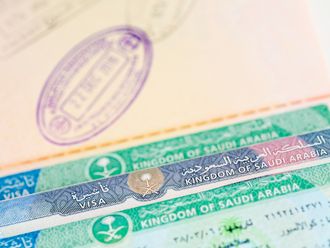
Singapore: An expected worldwide boom in Muslim tourism is reflected in the growing availability of amenities such as halal spas and airport prayer rooms, experts say.
Thanks to their growing number and affluence, Muslims — especially from the Middle East — are travelling like never before, and it is a trend that looks set to gather pace.
Spending by Muslim tourists, growing faster than the global rate, is forecast to reach $192 billion (Dh705 billion) a year by 2020, up from $126 billion (Dh462.68 billion) in 2011, according to a study by two companies specialising in the market.
The study, made available to AFP, was conducted in 47 countries by Singapore-based halal travel specialist Crescentrating, along with DinarStandard, a US-based firm that tracks the Muslim lifestyle market.
Crescentrating chief executive Fazal Bahardeen said Muslim-majority states such as Egypt, Malaysia and Indonesia were already favourite destinations, but non-Islamic countries are now “taking a serious look” at Muslim holidaymakers.
Malaysia, the leading destination according to the findings, attracts Muslim visitors even during the ongoing fasting month of Ramadan.
Mohammad Ali Alali, 23, a petroleum engineering student from Dammam, Saudi Arabia, went there on honeymoon with his bride, a 20-year-old medical student.
“It’s not that far from Saudi Arabia, and it’s less expensive to travel here rather than Europe. It’s also an Islamic country, so that helps in many ways, like to find a mosque and Arabic food,” he said after breaking fast at an Arabic restaurant in the capital Kuala Lumpur.
The availability of halal food tops the list of Muslim travellers’ requirements, according to the survey.
Destinations such as Thailand and Australia, especially the Gold Coast, are already taking into account these travellers’ needs in their services and facilities, Fazal told AFP.
That includes prayer rooms at airports and hotels, halal restaurants and even spas adapted to religious requirements.
“Why not try Gold Coast for a cooler Ramadan this year?” proposes the tourism website of Australia’s Queensland state.
“With a long history of welcoming Middle Eastern visitors and a large resident community, facilities for Muslims in Gold Coast, Australia, keep getting better every year.”
The Economist Intelligence Unit said in a March report that meeting the needs of the world’s 1.8 billion Muslims is fuelling business opportunities in a range of sectors.
“From food and Islamic finance, the industry is spreading its wings into pharmaceuticals, fashion and tourism, among many other areas,” it said, noting that more than half of the world’s Muslim population is aged 24 or younger, many of them well educated.
Thailand is hungrily eyeing the Muslim travel boom.
Its tourism authority — which has an office in Dubai — is promoting halal spas for Muslim tourists, who require strict privacy for male and female clients.
It also organised a month-long festival of Thai cuisine in the UAE from June 8 to July 7.
Crescentrating’s study ranked Bangkok’s Suvarnabhumi Airport the most Islam-friendly airport in a non-Muslim country.
And it found that tourists from the Gulf — Bahrain, Kuwait, Oman, Qatar, Saudi Arabia and the UAE — are the sector’s biggest spenders.
Gulf countries accounted for 37 per cent of Muslim tourist spending in 2011 even though they represent a mere three per cent of the global Muslim population.












